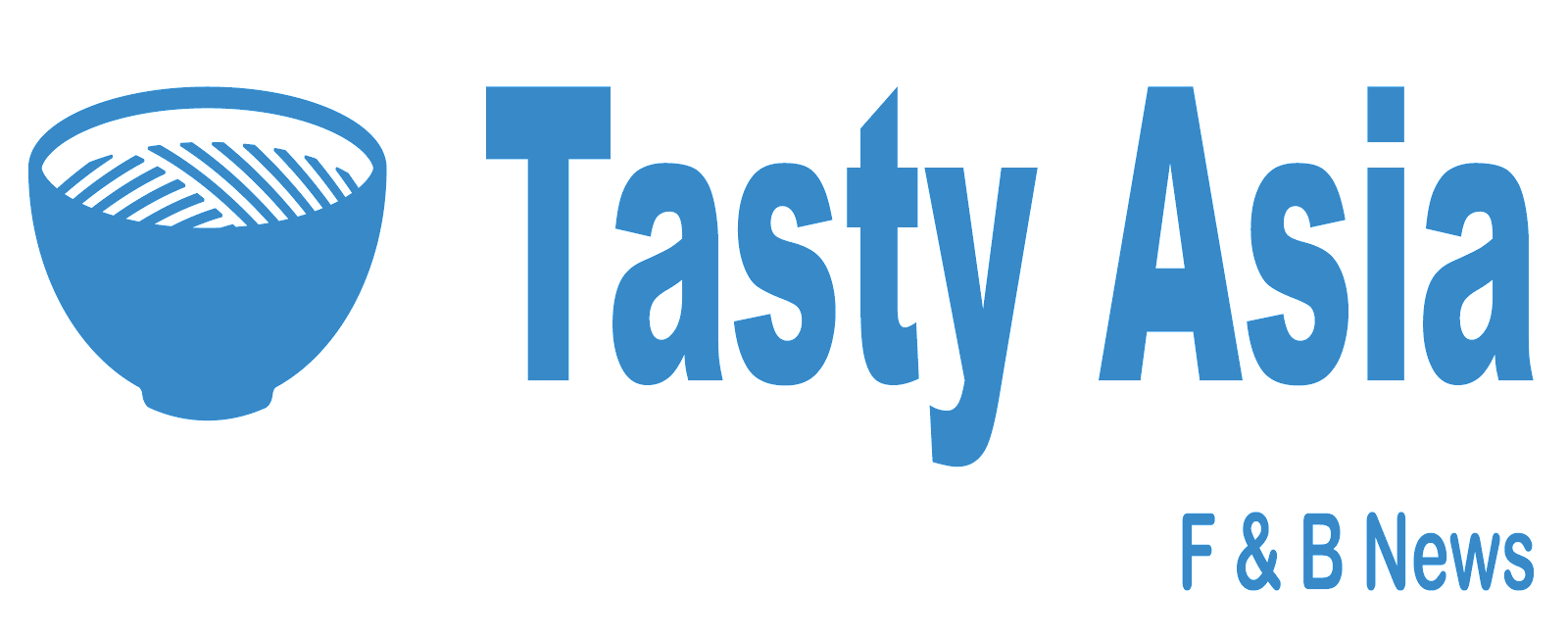 |
The pilot programme will trace milk from producers in New Zealand to Nestle factories in the Middle East. |
Nestlé is adopting a supply chain transparency process through a collaboration with OpenSC — a blockchain platform that allows consumers to track their food right back to the farm.
“We want our consumers to make an informed decision on their choice of products,” said Magdi Batato, executive vice-president, and head of operations, Nestlé SA, said. “Open blockchain technology might allow us to share reliable information with consumers in an accessible way.”
The initial pilot programme will trace milk from farms and producers in New Zealand to Nestlé factories and warehouses in the Middle East. Later, the technology will be tested using palm oil sourced in the Americas. These pilots will allow Nestlé to understand how scalable the system is.
Founded by WWF-Australia and The Boston Consulting Group Digital Ventures, OpenSC has developed a platform that will give anyone, anywhere access to independently verifiable sustainability and supply chain data. Through this collaboration, Nestlé said it is the first major food and beverage company to apply open blockchain technology, which is part of the company’s “journey towards full transparency”.
“This open blockchain technology will allow anyone, anywhere in the world to assess our responsible sourcing facts and figures,” said Benjamin Ware, global head of Responsible Sourcing, Nestlé SA.
“We believe it is another important step towards the full disclosure of our supply chains announced by Nestlé in February this year, raising the bar for transparency and responsible production globally.”
Nestlé has piloted blockchain technology since 2017, most prominently with IBM Food Trust. In April this year, it gave consumers access to blockchain data for the first time, through Mousline purée in France. This was the first time Nestlé allowed sharing of information for its products with consumers via a blockchain platform.

Post a Comment